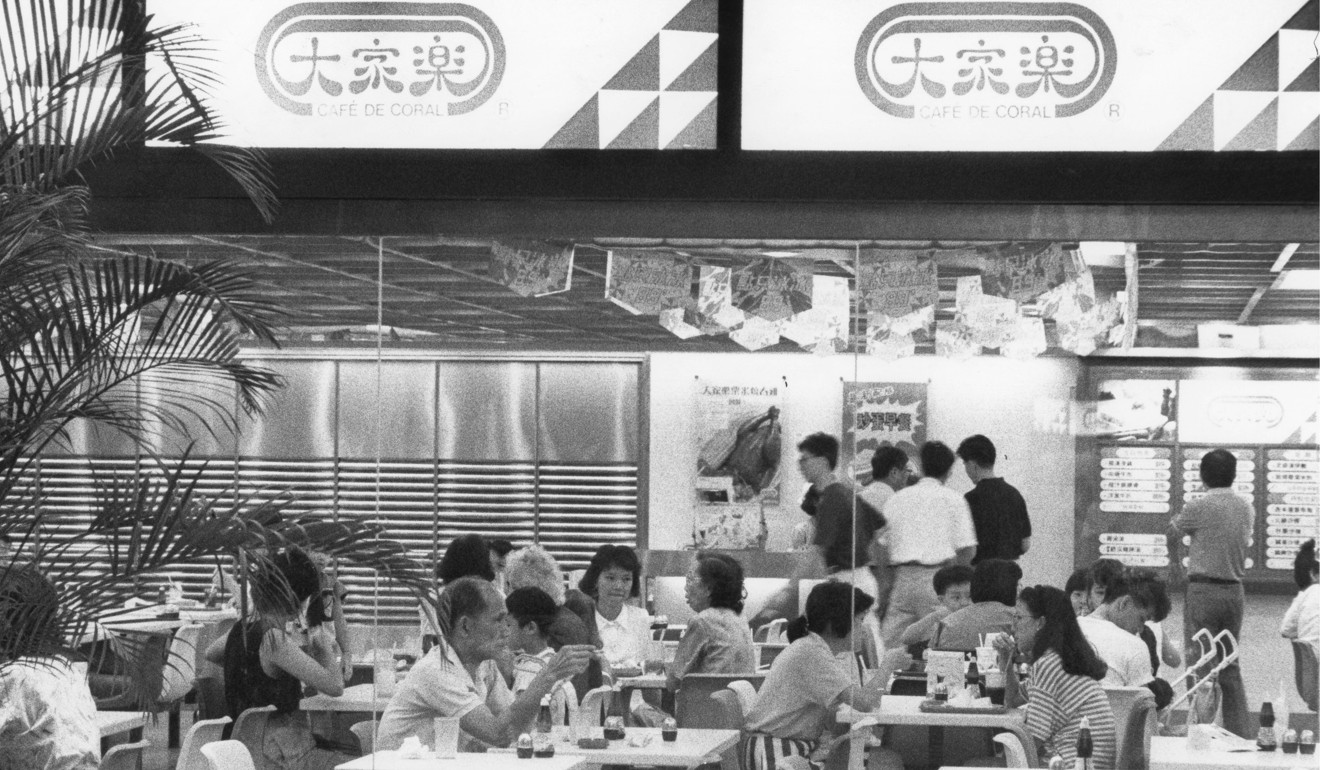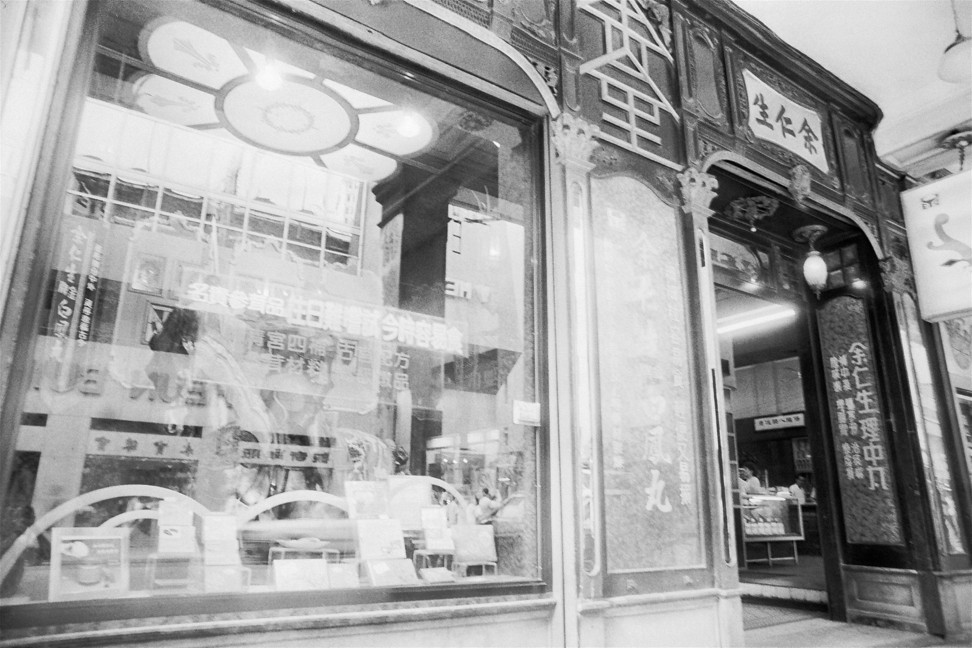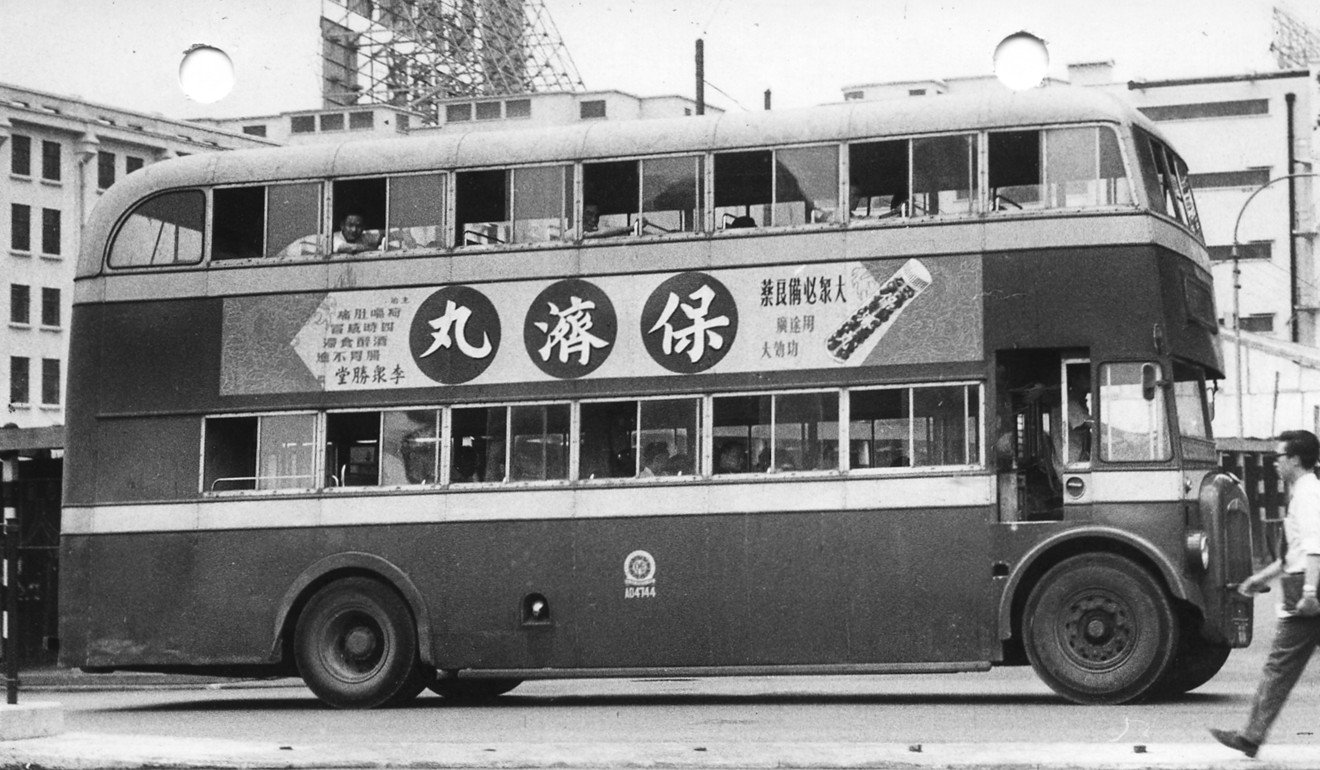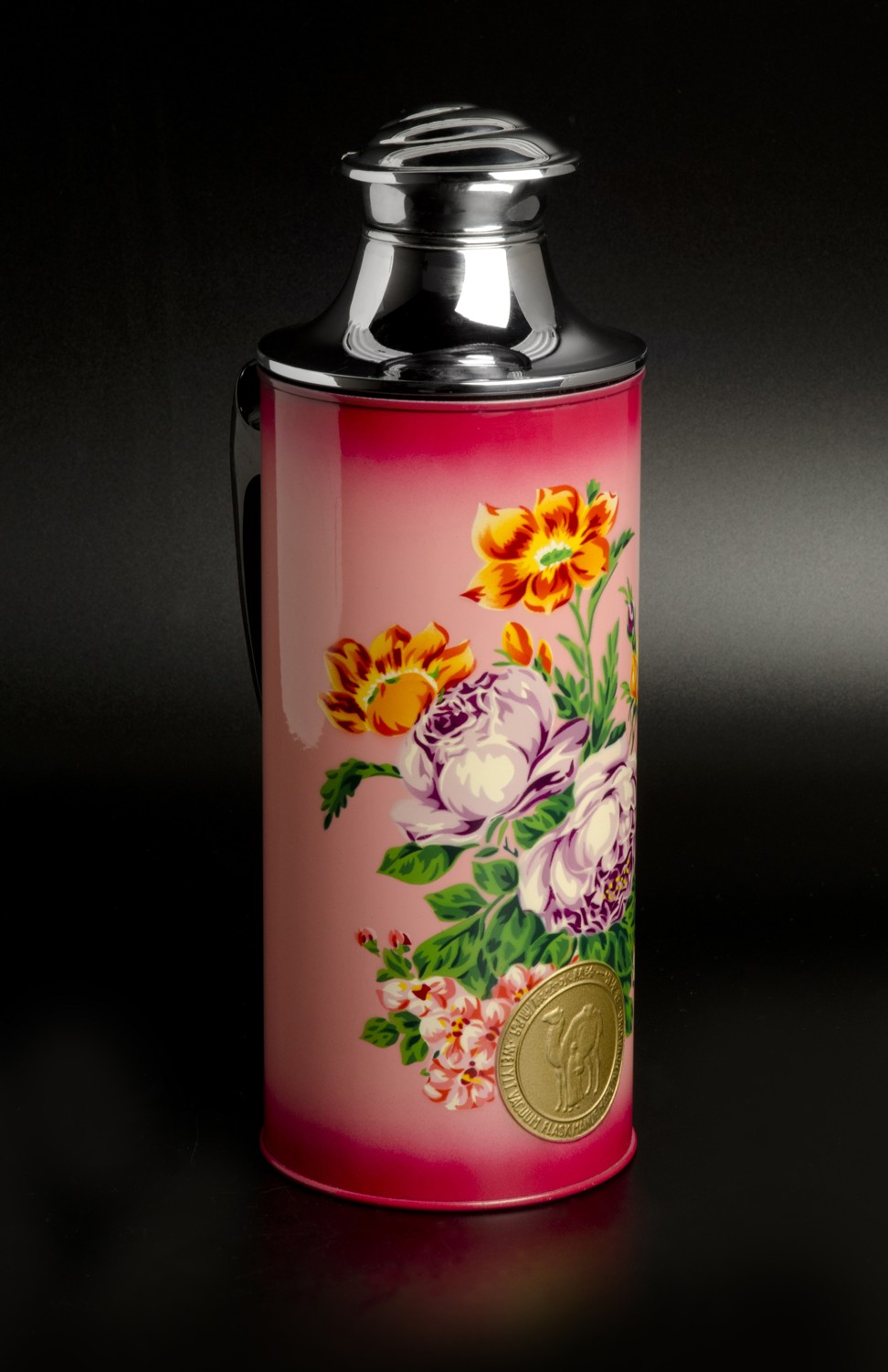Made in Hong Kong: five companies that have stood the test of time and gone global
Vitasoy, Cafe de Coral, Eu Yan Sang, Po Chai Pills and Camel vacuum flasks are all household names in Hong Kong. Some date back to the 19th century and others have slightly shorter histories, but all have been resounding successes
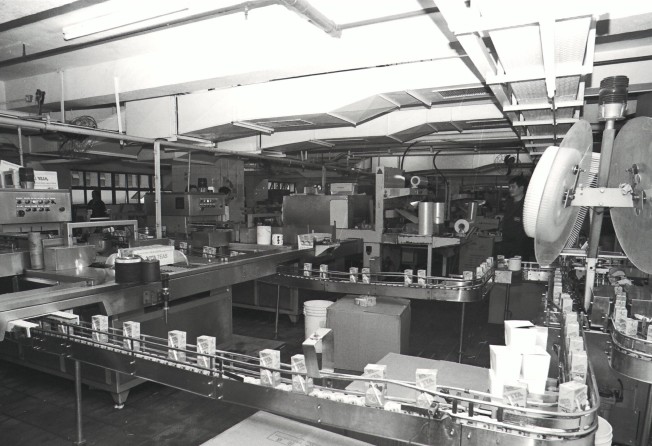
There’s a popular Chinese saying that after a family company has been founded by the first generation, the second generation grows the business, and the third generation squanders the family fortune.
Of course, that is not always the case. A number of home-grown Hong Kong brands have endured over decades, expanded into global markets and become household names.
Here are five local brands that opened their doors to us this year to give us a peek into their operations and history.
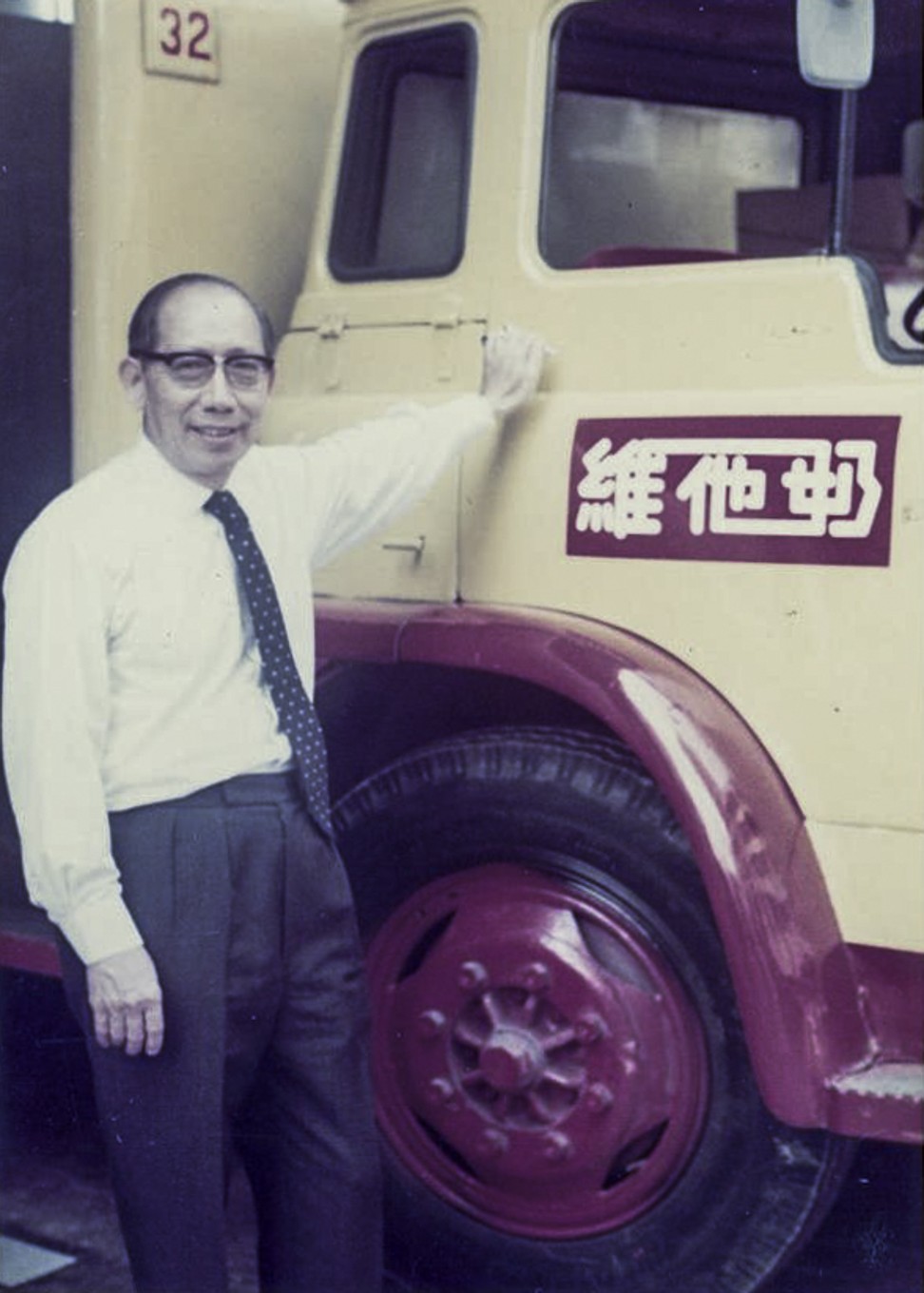
Lo Kwee-seong created what is now known as Vitasoy in 1940 after noticing that many refugees arriving in Hong Kong from China were suffering from malnutrition. Vitasoy has gone on to become an international success story without losing touch with its local identity.
